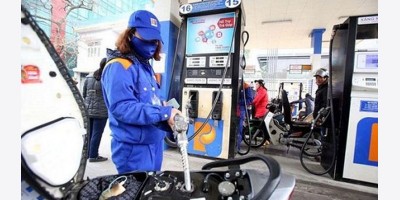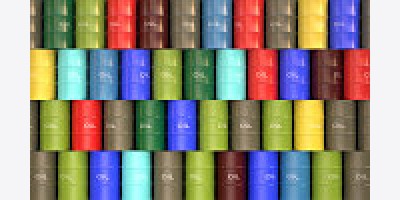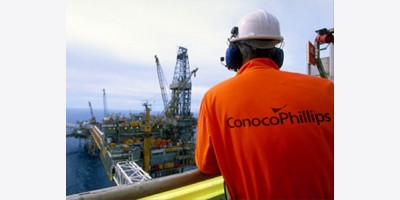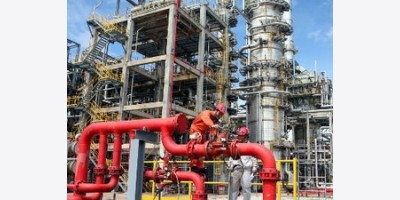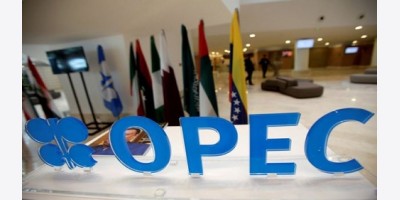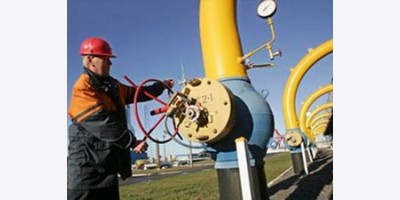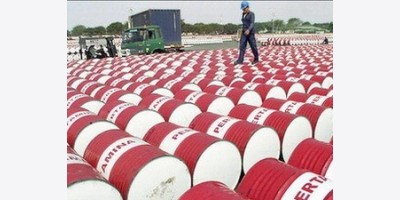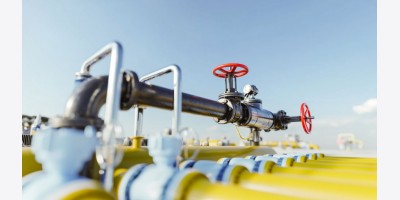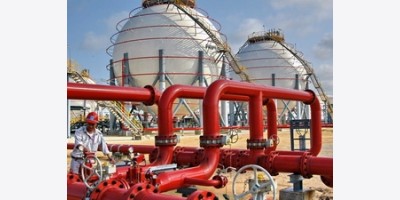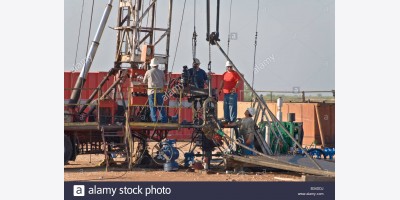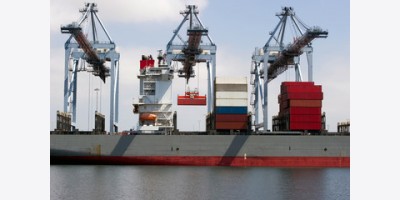BY HIMALAYAN NEWS SERVICE
KATHMANDU: Nepal Oil Corporation’s monthly loss has once again surged to Rs 1.22 billion after it reduced the price of petrol by Rs 5.50 per litre and that of diesel and kerosene by Rs 3.50 per litre following pressure from various student unions and opposition political parties.
Had the downward revision in prices not been made, the state-owned oil monopoly’s losses would have fallen to around Rs 910 million, as importing prices of petrol and diesel have lately gone down, NOC director Sushil Bhattarai told The Himalayan Times.
The board of NOC had raised the price of petrol by Rs 10 per litre and that of diesel and kerosene by Rs six per litre last Friday. With this revision, petrol price had gone up to Rs 140 per litre, while prices of diesel and kerosene had risen to Rs 109 per litre. At the time, prices of aviation fuel for domestic and international airlines had also been raised. NOC had decided to revise the oil prices to minimise its losses which had ballooned to Rs 1.69 billion per month. The state-owned oil giant was booking this loss as it was losing Rs 10.30 on sales of every litre of diesel and Rs 864.92 on sales of every cylinder of cooking gas.
Following Friday’s price adjustment, NOC’s monthly loss had, however, fallen to Rs 1.05 billion. NOC was expecting this loss to further come down to Rs 910 million as Indian Oil Corporation, which supplies all petroleum products to Nepal, had reduced petrol price by around 25 paisa and diesel price by around Re one on March 16.
“But we couldn’t reap benefit from price reduction made by IOC, as the government has reduced oil prices again,” Bhattarai said, referring to today’s decision to lower the price of petrol to Rs 134.50 and that of diesel and kerosene to Rs 105.50 per litre.
NOC has long been saying it will continue to suffer losses if the government fails to take the initiative to adjust domestic prices with that of international rates. But since the subject is a political hot potato and could trigger protests no government dares to stick to its decision of raising prices.
In September, when the government raised prices of petrol by Rs five per litre, and that of kerosene and diesel by Rs three per litre, students hit the streets for weeks. Similar protests were held this time as well, with student unions calling a bandh on Wednesday.
If things continue to linger like this, NOC’s debt, which hovers at around Rs 40 billion, will continue to surge.
To minimise losses, the government had earlier decided to remove subsidy extended in cooking gas for commercial purpose that are currently distributed in blue-coloured cylinders. But that decision is yet to come into effect.




